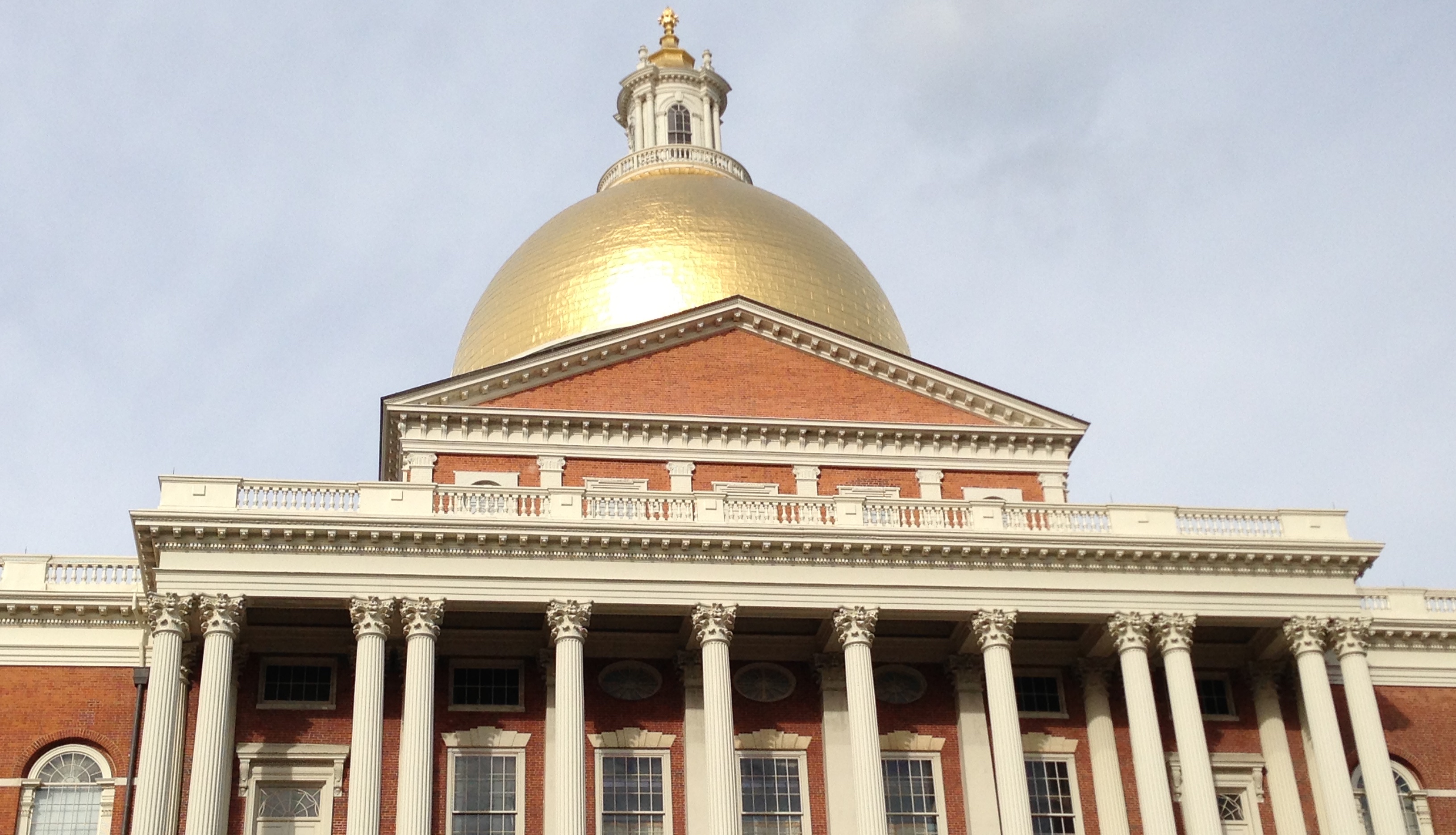The Daily Free Press
The bill — titled “An Act Driving Climate Policy Forward” — includes 45 amendments such as putting $50 million toward electric vehicle charging stations, banning non-electric vehicle sales by 2035, increasing off-shore wind energy to 5,600 MW by June 2027 and investing $100 million toward renewable energy, among other policies.
The climate action bill comes as a follow-up to last year’s law, introduced by Senator Michael Barrett, that outlined short-term climate goals and authorized 1,600 MW of offshore wind energy less than the current goal for mid-2027.


